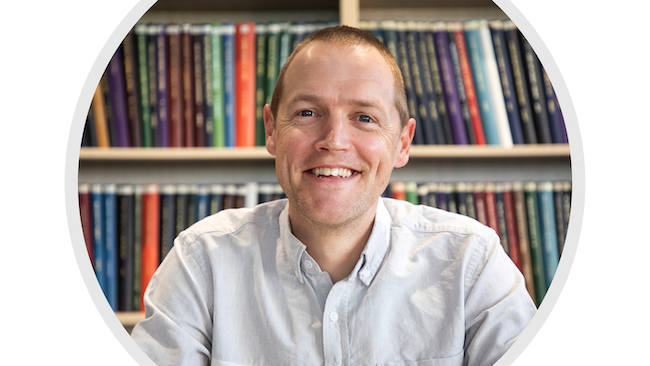Friday 26 November 2021 12:40pm

Four research projects in the Biochemistry Department this year received prestigious Marsden funding. We introduce the projects in a series of brief reports.
Associate Professor Peter Mace is fascinated by proteins – the micromachines inside our cells that do everything we need to be alive.
He is particularly interested in how proteins are tagged to be destroyed or 'degraded', and how cells use this to control proteins and the things they do.
Peter was awarded $960,000 over three years for his Marsden project, which will use this knowledge of protein tagging for degradation to open up new ways of treating cancer.
For our immune systems to work properly, our bodies are continuously making new immune cells from stem cells in a process called differentiation. When this process goes awry, people can develop diseases like leukaemia or blood cancers.
A protein called COP1 appears to play an important role in immune cell differentiation by tagging key proteins in the process to be degraded. But COP1 doesn't work alone. It has binding partner proteins that change how it works. They make COP1 into a 'flexible degradation machine'.
Peter and his research team, including senior assistant research fellows Sam Jamieson and Abigail Burgess, intend to find out exactly how this molecular machinery works to control the differentiation of immune cells. International collaborators Associate Professor Karen Keeshan of the University of Glasgow, UK, and Dr Simon Brown of the University of Wollongong, Australia, will also help.
They will use an extremely powerful electron microscope to picture exactly how COP1 interacts with its binding partners. And with specially engineered small antibodies called nanobodies, they will stop COP1 doing its job properly in a cell culture model. This will show them what this does to the differentiation process, and whether it is a good target to develop new drugs to treat leukaemia.
Congratulations Peter and his team on the award - Ka mau te wehi!
Find out more about Peter's research here:
Associate Professor Peter Mace's profile page